Available iPad Apps
-
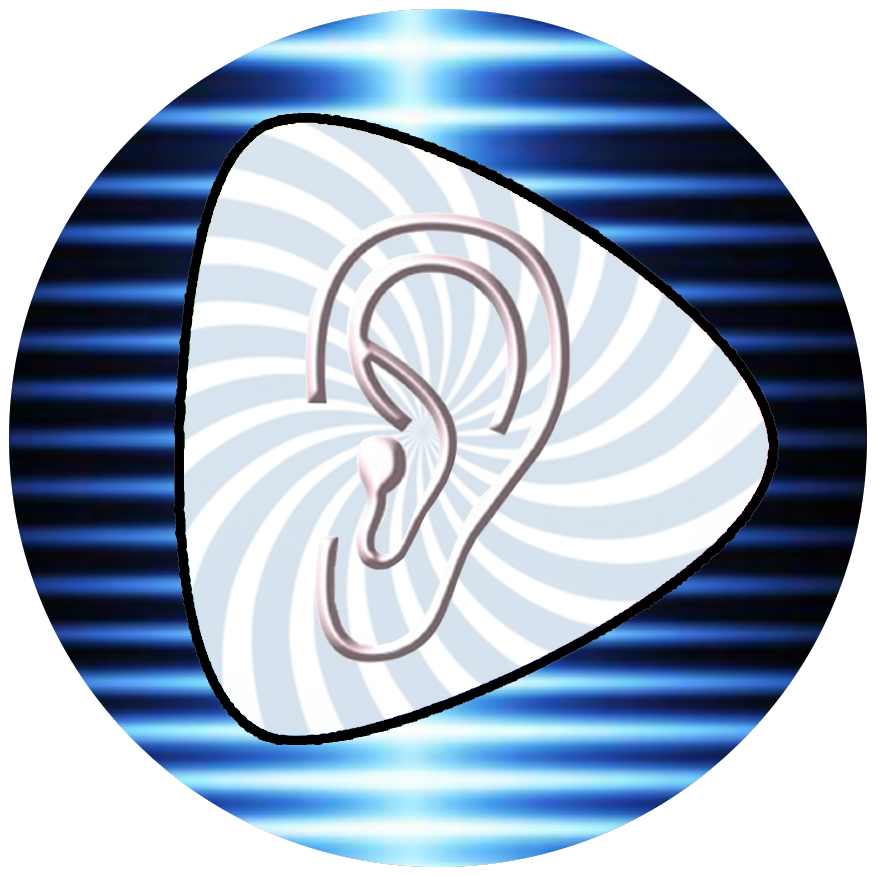 Auditory Phonetic Subtraction
Auditory Phonetic Subtraction
-
 Auditory Visual Integration
Auditory Visual Integration
-
 Colourimetry
Colourimetry
-
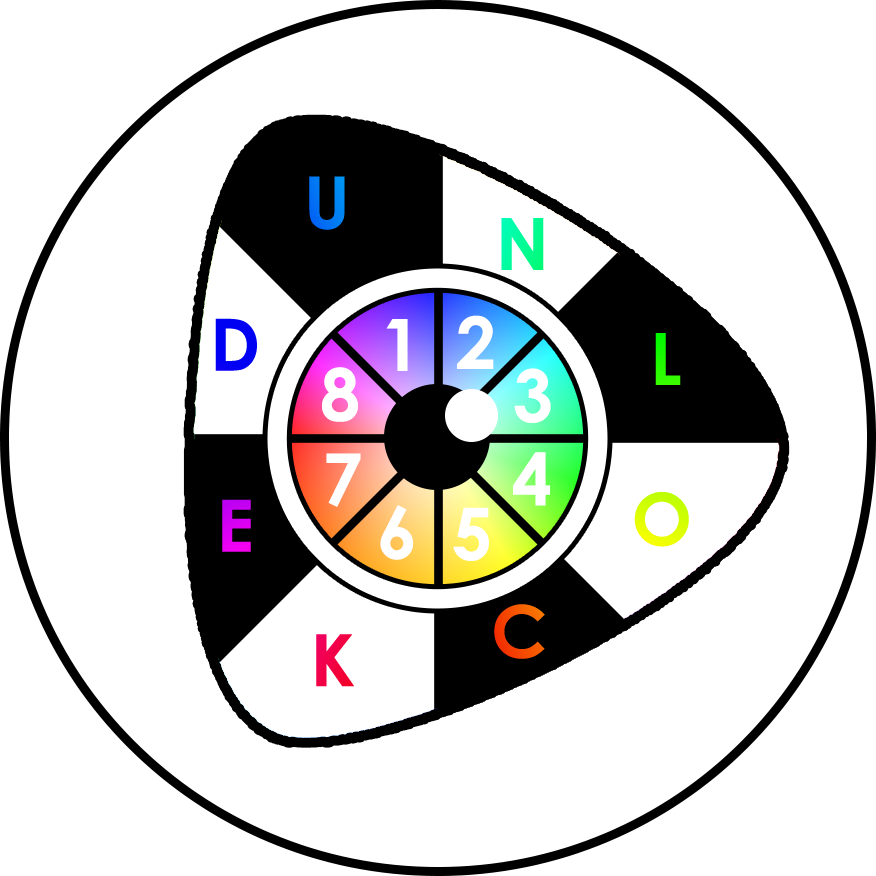 Digit Matching
Digit Matching
-
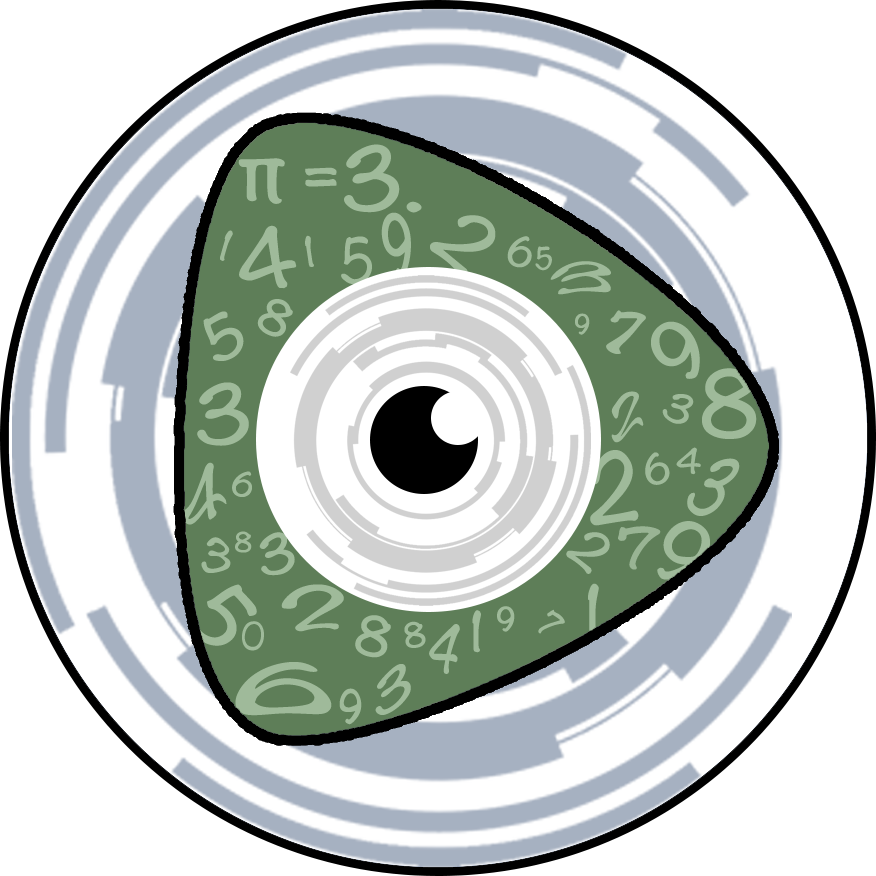 Dyscalculia
Dyscalculia
-
 Dyseidesia / Dysphonesia
Dyseidesia / Dysphonesia
-
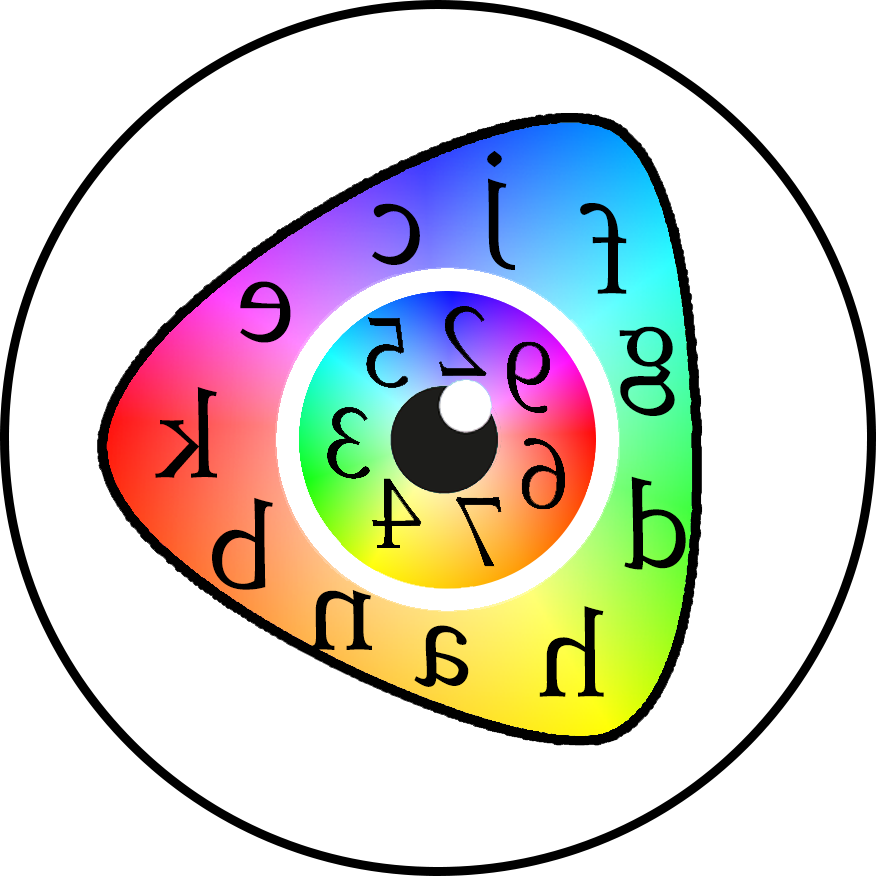 Dysnemkinesia
Dysnemkinesia
-
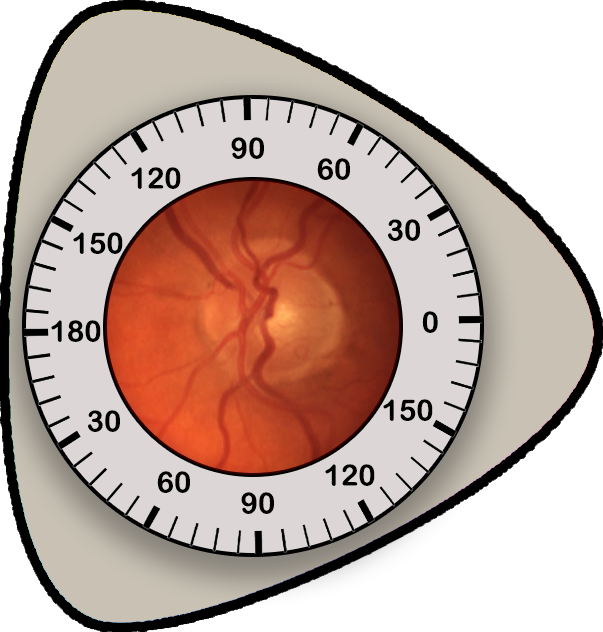 Eye Exam Data
Eye Exam Data
-
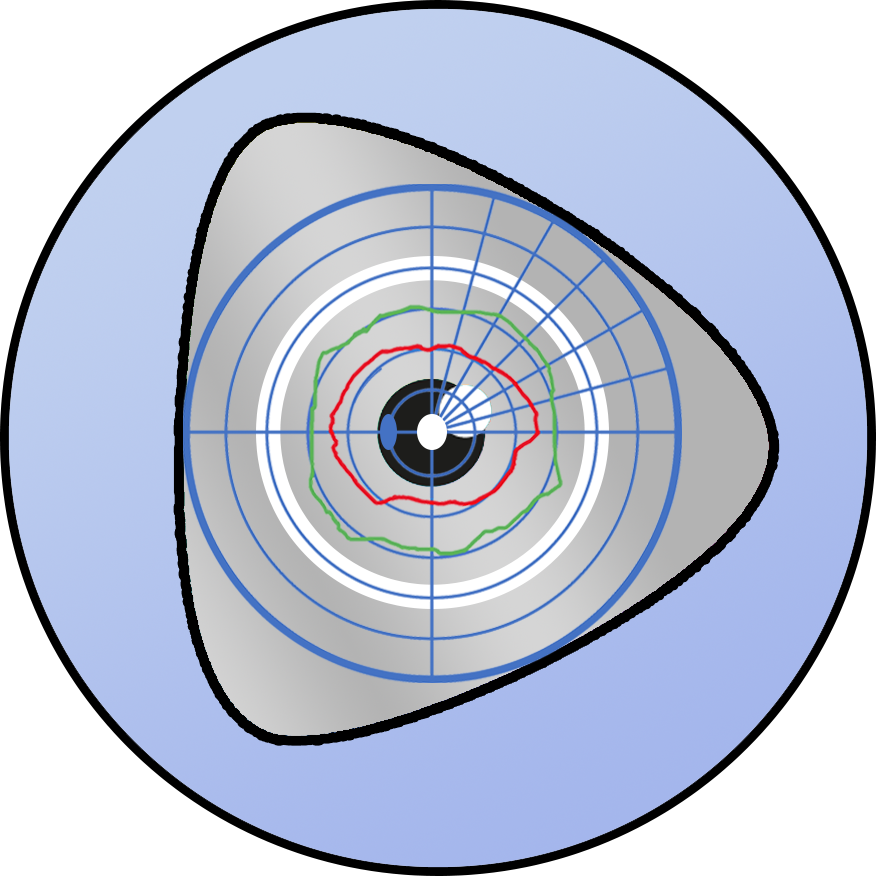 Kinetic Colour Perimetry
Kinetic Colour Perimetry
-
 Laterality
Laterality
-
 Reading Eye Movement
Reading Eye Movement
-
 Retained Reflexes
Retained Reflexes
-
 Sentence Copy
Sentence Copy
-
 Sequencing
Sequencing
-
 Tachistoscope
Tachistoscope
-
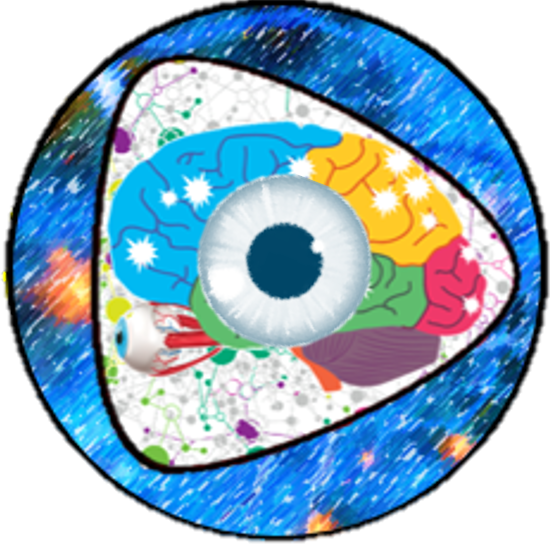 Visual Sensory Perception
Visual Sensory Perception
-
 Visual Spatial Awareness
Visual Spatial Awareness
Retained Reflexes
Primitive retained reflexes can significantly impact development and academic performance. These automatic movements that help infant survival and contribute to the development of higher order skills typically integrate into more advanced motor skills at appropriate developmental stages. Failure to integrate can interfere with a child's sensory processing, motor skills, and overall ability to learn.
Underlying neurological or developmental issues might be linked to difficulties with balance, coordination, attention, and sensory processing, all of which are critical for effective learning. A child may be overly sensitive to stimuli, leading to difficulties in concentrating and staying still. This, in turn, can affect their ability to write, cut with scissors, or engage in other classroom activities that require fine motor control.
These reflexes can interfere with a child's ability to process and respond to sensory information from the environment resulting in issues with focusing, following instructions, or participating in group activities, thereby impacting their learning. Similarly, they affect cognitive (reading, writing, and math) and behavioural challenges (impulse control and hyperactivity).
This application outlines the procedures require to detect a variety of retained reflexes and indicates whether referral for chiropractic, occupational therapy or vision therapy are appropriate actions to tailor appropriate interventions. These interventions might include physical activities, occupational therapy, and sensory integration techniques. Tailored interventions help in reducing the impact of these reflexes on daily functioning and academic performance.
Integrating primitive reflexes can lead to improvements in both fine and gross motor skills. Enhanced motor skills can make tasks such as writing, drawing, and participating in sports easier and more enjoyable, which can boost a child's confidence and willingness to engage in school activities. Better sensory integration can lead to improved attention, focus, and classroom behaviour. Children who can effectively process sensory information are more likely to stay on task, follow instructions, and participate actively in learning activities.
As motor and sensory processing skills improve, children often experience gains in cognitive functions such as memory, attention, and problem-solving abilities. This can lead to better performance in academic tasks, including reading comprehension, mathematical reasoning, and overall learning efficiency. Children may become less impulsive and more capable of managing their emotions, leading to a more conducive learning environment both for themselves and their peers.